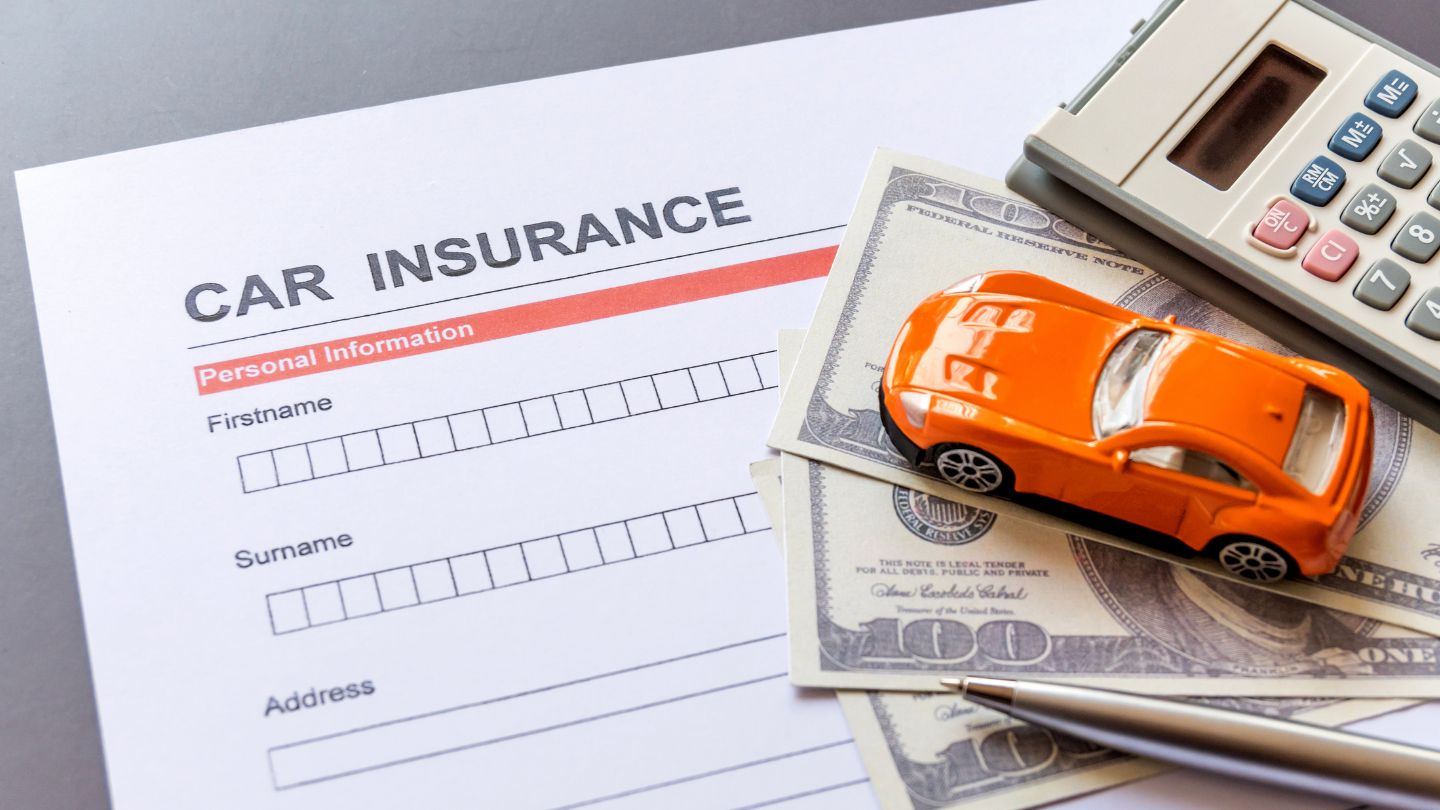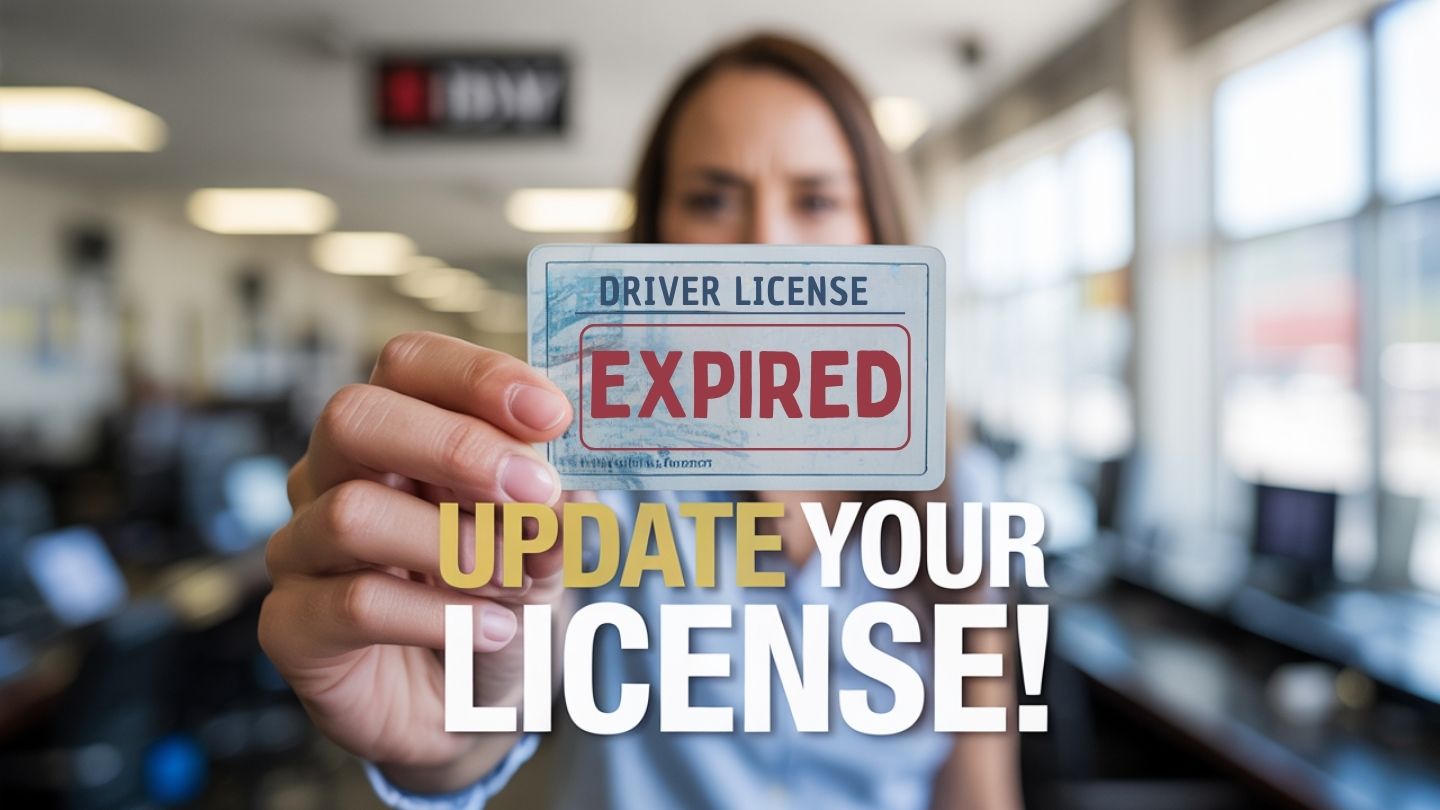Keeping your driver’s license updated is important to avoid fines, legal issues, and insurance problems. This blog explains the importance of keeping your driver’s license updated and what can happen if you don’t. From ensuring your personal information is accurate to avoiding unnecessary penalties, an updated license is crucial. It’s also a key document needed for identification in many situations. Forgetting to update it can lead to complications with renewing your vehicle registration. Read on to learn the steps to keep your license current and why it matters.
Key Takeaways
- Updating your driver’s license is a legal requirement that must be fulfilled within a designated time frame after moving or changing personal information.
- Driving with an expired license can lead to penalties such as fines, license suspension, and complications with insurance claims.
- Maintaining a current driver’s license is essential for both compliance with laws and for ensuring public safety, as well as enhancing employment opportunities.
Legal Requirements for Driver’s License Updates
Keeping your driver’s license updated is not just a good practice; it’s a legal obligation. States have implemented procedures to regularly check and update driver records to ensure compliance with licensing regulations. This means that as a driver, you must promptly notify the state of any changes in your license status, such as a change of address. The grace periods for updating your driver’s license when you move vary by state, but most states require residents to update their information within a few months. For instance, some states offer a grace period of up to a few months after moving to a new state.
Failure to comply with these legal requirements can result in illegal penalties. In Washington State, for example, driving with an expired license results in a traffic infraction, not a misdemeanor, but it can still lead to fines and other complications.
Regular verification of driver’s licenses also helps protect organizations from potential legal penalties by ensuring regulatory compliance. Therefore, it’s essential to keep your driver’s license current to avoid any legal issues and maintain your driving privileges.
Consequences of an Expired License

Driving with an expired license can have severe repercussions. Non-compliance with state licensing requirements can lead to penalties, including the suspension or revocation of your driving privileges. Imagine the inconvenience of losing your driving privileges—how would you commute, run errands, or travel? Additionally, failing to renew your driver’s license can result in collection actions, such as wage garnishment, if fees or fines are not paid. This can create a financial burden that could have been easily avoided.
Moreover, an expired driver’s license can complicate your interactions with insurance companies. Insurers may deny claims or limit payouts, particularly for underinsured motorist coverage, if your license is not valid. If you’re involved in an accident with an expired license, recovering compensation for personal injuries can become a challenging ordeal.
Therefore, keeping your driver’s license up-to-date is crucial to avoid these complications and maintain a clean driving record.
How to Update Your Driver’s License
Updating your driver’s license might seem like a daunting task, but it’s a straightforward process if you know what steps to take. Whether you’re moving within the same state or relocating to a new one, it’s essential to update your driver’s license to ensure compliance with local laws and regulations.
When moving to a new state, first contact the DMV, Department of Public Safety, or Department of Transportation in your new location. If your license has expired when you move, visit the DMV in your new state for specific instructions on updating it.
The following sections break down the process for in-state and out-of-state moves in Texas, offering essential information to keep your driver’s license current and avoid legal issues.
In-State Moves
When you move within the same state, updating your license to reflect your new address is a legal requirement. Key points to consider include:
- Most states mandate that you update your address within a specific period, often within 10 days of moving.
- Some states offer online services for address changes, making the process more convenient.
- Many states still require in-person visits to update your address.
Keeping your driver’s license current ensures compliance with state laws and helps avoid potential penalties. Don’t let a simple oversight lead to unnecessary fines or complications; update your address promptly.
Out-of-State Moves
Relocating to a new state involves a bit more paperwork and planning. Typically, you need to obtain a new driver’s license within a set timeframe after your move. The steps to update your license are:
- Update your license with the DMV in your new state as soon as possible.
- Provide documentation such as proof of residency and identification to obtain a new license.
- Be aware that states may check your driving history in the National Driver Register to ensure you’re eligible for a new license.
Begin the process early to allow time to address any potential complications prior to ensuring that your driver’s license is updated promptly. This will help you stay compliant with local laws and avoid any legal or financial issues down the road.
Impact on Car Insurance

Maintaining a valid driver’s license is crucial for your car insurance policy. Insurance companies view drivers with expired licenses as higher risks, which can lead to increased premiums. Moreover, insurers may use the fact that your driver’s license has expired as a reason to refuse policy renewals. This can leave you without coverage when you need it the most, such as in the event of an accident.
Updating your driver information with the DMV is essential to keep your auto insurance policy valid. This simple step can save you from financial strain and ensure that your claims are processed smoothly.
The importance of driving safely and maintaining your driving privilege is obvious and cannot be overstated when it comes to how they affect your financial interests, money, pay, and responsibility. Please note the significance of these factors.
Maintaining a Clean Driving Record
A clean driving record is more than just a point of pride; it’s a valuable asset that can influence various aspects of your life. Your Motor Vehicle Record (MVR) reveals details about your driving history, including driving violations, demerit points, and license status. This information is crucial for insurance companies and potential employers who may check your driving record before making decisions. Participating in adult driver’s education can lead to lower insurance premiums and better driving records.
The MVR typically shows the current status of your driver’s license, accident reports, suspended licenses, and traffic violations. Maintaining a clean driving record is essential for keeping your insurance rates low and securing employment opportunities that require driving. It’s a reflection of your commitment to driving safely and responsibly.
Avoiding Unnecessary Fines
Avoiding fines related to an expired license is easier than you might think. Here are some key points to consider:
- The fine for driving with an expired license can be as high as $250.
- The fine may be reduced to $50 if a valid license is obtained after the citation.
- In Washington State, failing to update your driver’s license after moving can lead to a fine of up to $250.
- Being ticketed for an outdated driver’s license may allow for fine reductions or waivers if a clean driving history is presented.
Regularly updating your driver’s license helps to avoid fines and potential legal issues related to driving with an expired license. It’s a simple yet effective way to ensure that you’re driving legally and safely, protecting yourself from unnecessary expenses and complications.
Ensuring Public Safety
Maintaining an updated driver’s license is not just about legal compliance; it’s also about ensuring public safety. Verifying a driver’s license status is crucial for safety, liability, and the reputation of organizations. Some limitations on a driver’s license include the requirement for corrective lenses or a temporary hardship permit after a DUI. Having a suspended driver’s license can result in loss of employment opportunities and difficulties accessing essential services, suspending access to vital resources.
Understanding driving laws and regulations is critical to being a safe and responsible driver. When stopped by law enforcement for moving violations, it’s essential to be prepared to show your licensed driver’s license, vehicle registration, and ticket for motor vehicles, as this will determine adherence to the rules of the road and the vehicles involved.
Utilizing modern technology for driver’s license verification increases efficiency and reduces human error, enhancing safety on the roads.
Special Considerations for Teen Drivers Ed and Adult Drivers Ed
Teen and adult driver’s education programs have specific requirements and benefits that emphasize the importance of keeping your driver’s license updated. Teen drivers must complete specific educational requirements and have an updated driver’s license to receive their learner’s permit and progress to a full license. Adults who maintain current licenses benefit from greater flexibility and access to online driver’s education courses, enhancing their learning experience.
The following sections explore the unique requirements for teen driver education and the benefits of adult driver education, highlighting the importance of keeping your school credentials current.
Teen Drivers Ed Requirements
For teens, an updated driver’s license is vital for progressing through the stages of driver education. The requirements include:
- Completion of a state-approved driver education program is necessary for obtaining a permanent driver’s license.
- Teens must complete a minimum of 45 hours of supervised driving practice, including specific night driving hours.
- In Virginia, residents under the age of 19 are required to complete a state-approved driver education program.
- They must hold a learner’s permit for a minimum of nine months before obtaining a driver’s license.
The course for teen drivers is priced at $60 and includes 24 hours of flexible online training. Upon completion of the first 6 hours of training, students receive their certificate, which is necessary to apply for a learner’s permit. This structured approach ensures that teen drivers develop the necessary skills and knowledge to drive safely and responsibly.
Adult Drivers Ed Benefits
Adult driver’s education offers several advantages:
- A comprehensive understanding of road safety and driving laws.
- The course costs $30.
- It can be completed entirely online.
- Provides a certificate after just 6 hours of training.
- Flexibility to spread the required hours over a period that suits the learner’s schedule, making it convenient for those with busy lifestyles.
Employers often check the motor vehicle record (MVR) of potential hires, which reveals the license status, class, and driving history of the candidate. The different classes of driver’s licenses, along with a clean motor vehicle record and adult driver’s education, play a crucial role in employability and safe driving. Therefore, maintaining an updated driver’s license and participating in adult driver’s education can enhance your employability and ensure that you are a safe and knowledgeable driver.
Read more: Understanding What Is a REAL ID vs Driver’s License
Final Thoughts
Keeping your driver’s license updated is more than just a legal obligation. It’s essential for ensuring your compliance with state regulations, maintaining your personal safety, and avoiding potential inconveniences that can arise from an expired or incorrect license. Updating your license also reflects your responsibility as a driver and helps keep roadways safer for everyone.
If you’re looking to make this process seamless, we’re here to help. At EasyDriversEd, our flexible, online driver’s ed courses in Houston, Texas, are designed to accommodate your schedule and simplify the steps toward updating or earning your license. Whether you’re a teen, an adult, or a parent guiding a new driver, our courses provide all the tools and resources you need. Contact us today and take the next step toward becoming a confident and responsible driver.
Frequently Asked Questions
What is the advantage of online driving school in Texas regarding scheduling?
The advantage of online driving school in Texas is the flexibility to schedule your required hours at your convenience, allowing you to spread them over a period that fits your lifestyle.
How long does the Teen Drivers Ed course take to complete?
The Teen Drivers Ed course takes 24 hours to complete. This duration ensures that you receive comprehensive training to prepare you for driving.
What is the process to receive a certificate after completing the driving education course?
You will receive your certificate of completion after successfully finishing the initial 6 hours of the driver education course. Ensure to meet any additional requirements as specified by your local regulations to obtain your certificate.

